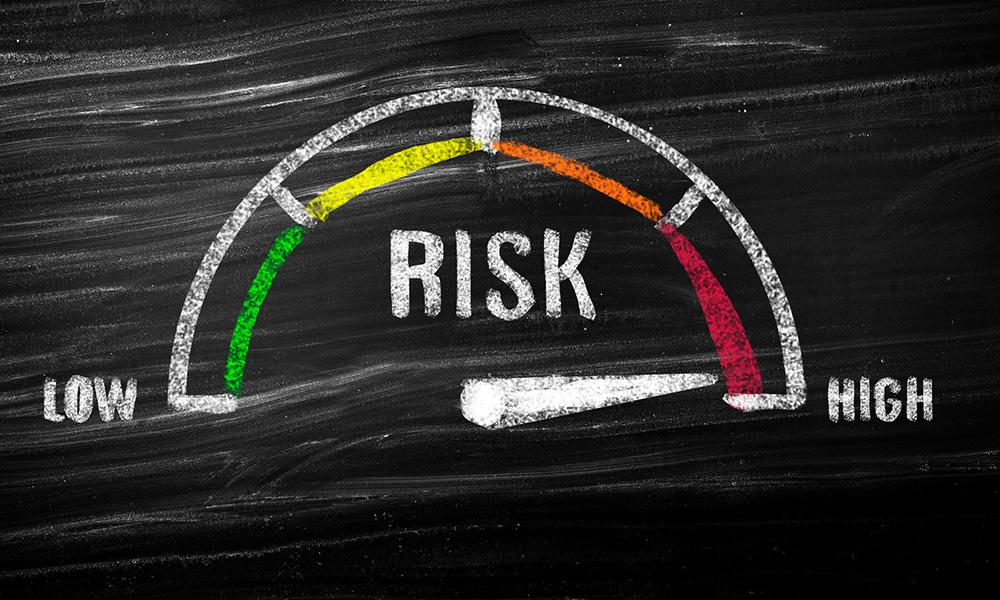The influence collective risks have on the acceptance of social norms is being analysed
According to research the UC3M is participating in
10/13/21
Faced with large collective risk, such as climate change or the COVID crisis, people may accept stronger or more restrictive social norms and may be more inclined to cooperate with them. However, when the perception of risk decreases, so does adherence to these norms. This is one of the conclusions of an experimental study conducted by the Universidad Carlos III de Madrid (UC3M), the Collegio Carlo Alberto in Turin, the Italian National Research Council, the Institute for Futures Studies in Stockholm, and Mälardalen University (Sweden).

This article analyses the relationship between social norms and behaviour in collective risk situations. “Specifically, we have seen that the greater the risk of a collective catastrophe, the greater the strength of social norms (and, in particular, the punishment for those who do not comply with them is increased). However, we have also seen that as the perception of risk decreases, so does the monitoring and compliance with the norms,” explains one of the study’s authors, Anxo Sánchez from the Complex Systems Interdisciplinary Group (GISC, in its Spanish acronym) at the UC3M’s Department of Mathematics.
Therefore, in the context of climate change, “if people perceive it as an imminent risk, the social norm of saving energy on heating and/or air conditioning within households may increase, which would lead to lower emissions; however, as long as the perceived risk does not pose a threat, or decreases, these social norms are adhered to less,” note the authors of this paper, which was recently published in the Nature Communications journal.
Another case where the results of this study could be applied is the COVID pandemic. “Since the vaccinations have been implemented, society perceives the risk as being lower. This leads to two things that align with our study; on the one hand, in groups where there were not many people complying with the regulation of wearing a mask, such as among younger age groups, this norm has suddenly disappeared. On the other hand, however, older people continue to wear them outside, even when it is no longer compulsory to do so. In the case of the latter group, a habit has been formed due to previously strict mask wearing regulations (we should also consider the pressure exerted by those wearing masks on those who did not),” notes Anxo Sánchez.
In order to conduct their research, the scientists designed a social experiment consisting of 300 participants, who were split into groups of six. They were asked to make one decision every day for a month: they were asked to contribute a number of points (as if they were money) in order to prevent a catastrophe. If they did not “invest” enough, the catastrophe would strike and everyone would lose their points. They were then asked about their expectations in regard to what other participants would contribute and what others expected of them, which allowed scientists to identify the social norm and to study the behaviour of those who assimilated these cooperative norms.
This study is framed within the context of collective (or emergent) phenomena observed in complex systems, with a perspective inspired by physics. In this sense, each individual had their own expectations and norms, but modified them by observing others, and only when these expectations and norms were shared by many people did they become social norms.
More information:
Bibliography: Szekely, A., Lipari, F., Antonioni, A. et al. Evidence from a long-term experiment that collective risks change social norms and promote cooperation. Nat Commun 12, 5452 (2021). https://doi.org/10.1038/s41467-021-25734-w More info: https://www.nature.com/articles/s41467-021-25734-w